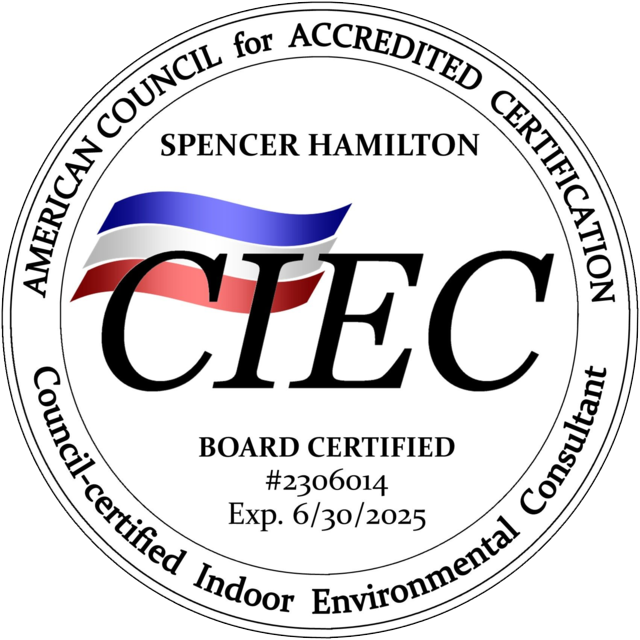Serving Atlantic City, Camden and Cape May, NJ
Serving Atlantic City, Camden and Cape May, NJ
How to Prepare Your Shore Rental Property for Reopening After Winter Closure
As winter gives way to spring, it's time to prepare your shore rental property for the upcoming season. After being closed up for several months, properties can develop issues that need addressing before welcoming guests. Proper preparation ensures a safe, comfortable, and enjoyable experience for your renters while protecting your investment. Here's a step-by-step guide to reopening your shore rental property and addressing potential issues.
Check for Water Damage and Mold
Winter closures can lead to moisture buildup, especially in areas with poor ventilation or leaks. Start by inspecting your property for:
- Visible Mold: Look for discoloration, musty odors, or visible mold on walls, ceilings, and floors.
- Water Stains: Check for water stains around windows, doors, and the foundation.
- Leaky Pipes: Inspect plumbing for leaks or damage caused by freezing temperatures.
If you find mold or moisture issues, it’s essential to address them promptly. Mold can pose health risks and damage property. Consider hiring a professional for mold testing and remediation to ensure thorough cleanup.
Test Indoor Air Quality
After months of being closed up, indoor air quality can deteriorate, especially in coastal areas prone to high humidity. Common pollutants include:
- Volatile Organic Compounds (VOCs): Emitted from building materials, furniture, or cleaning products.
- Dust and Allergens: Accumulated during the off-season.
- Carbon Monoxide: From heating systems or appliances.
Schedule an indoor air quality assessment to identify and address any issues. This step is particularly important if your property has been unoccupied for an extended period.
Inspect HVAC Systems
Your HVAC system may have collected dust and debris over the winter. Before turning it on, inspect and maintain it to ensure efficiency and safety:
- Replace air filters.
- Clean ducts and vents.
- Test the system for proper heating and cooling.
If your property has a dehumidifier, ensure it’s functioning correctly to prevent excess moisture.
Evaluate Plumbing and Water Systems
Frozen pipes or stagnant water can cause serious issues. Take the following steps:
- Turn on all faucets and check for leaks or low water pressure.
- Flush toilets and run water in sinks and showers.
- Inspect water heaters for damage or inefficiency.
For properties that rely on well water, consider testing water quality to ensure it’s safe for consumption.
Secure the Exterior
Winter weather can take a toll on your property’s exterior. Conduct a thorough inspection, focusing on:
Roof: Look for missing shingles, leaks, or damage.
Foundation: Check for cracks or signs of shifting.
Windows and Doors: Ensure they are sealed properly to prevent drafts and water intrusion.
Additionally, clean gutters and downspouts to prevent water damage during spring rains.
Prepare for Energy Efficiency
Energy efficiency not only reduces your utility bills but also appeals to eco-conscious renters. Simple steps include:
- Sealing gaps around windows and doors.
- Upgrading to energy-efficient appliances.
- Installing programmable thermostats
Consider scheduling an energy efficiency consultation to identify further improvements.
Deep Clean the Property
After months of closure, a deep clean is essential to remove dust, allergens, and odors. Focus on:
- Carpets, rugs, and upholstery.
- Kitchens and bathrooms.
- Windows and blinds.
Don’t forget to air out the property by opening windows and doors to let in fresh air.
Stock Up on Essentials
Restock your rental property with items your guests will need, including:
- Cleaning supplies.
- Fresh linens and towels.
- Kitchen essentials like utensils, cookware, and pantry staples.
Conduct an inventory to ensure everything is in good condition.
Communicate with Renters
Once your property is ready, update your rental listings with fresh photos and descriptions. Highlight any improvements or new features, such as enhanced air quality or energy-efficient upgrades. Clear communication about the property’s condition and amenities will help attract renters and set expectations.
Conclusion
Reopening your shore rental property after winter requires careful attention to detail, from addressing potential mold and air quality issues to ensuring energy efficiency and cleanliness. By taking these steps, you’ll not only protect your investment but also create a safe and welcoming environment for your guests.
Need professional help with mold testing, air quality assessments, or energy efficiency consultations?
Shore Green Environmental is here to help. Contact us today to ensure your property is in top shape for the rental season.
Services

Spencer Hamilton
ACAC CIEC Council-Certified
Indoor Environmental Consultant #2306014
Service Areas
Camden, NJ
Cherry Hill, NJ
Gloucester Township, NJ
Vineland, NJ
Washington Township, NJ
Evesham Township, NJ
Egg Harbor Township, NJ
Mount Laurel Township, NJ
Atlantic City, NJ
Winslow Township, NJ
Galloway, NJ
Hammonton, NJ
Pennsauken Township, NJ
Willingboro Township, NJ
Deptford Township, NJ
Haddonfield, NJ
Medford Township, NJ
Lower Township, NJ
Linwood, NJ
More Info
Business Information
104 Shore Rd, Linwood, NJ 08221
Office: (609) 365-8744
Cell: (609) 703-1311
Shore Green Energy LLC

